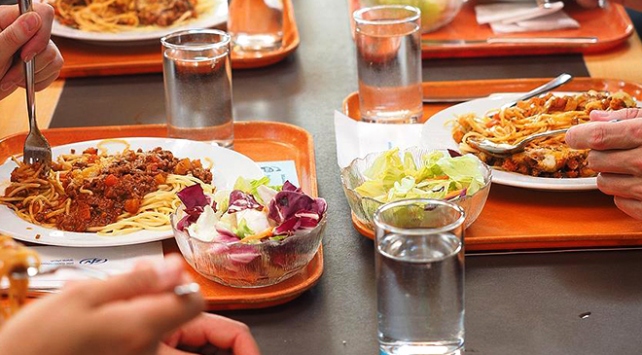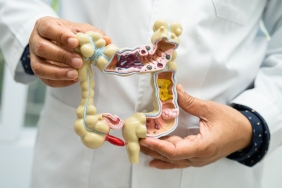Inactivity, urinary tract infections, obesity and especially fast food style diet cause stones to form in the urinary tract.
Head of Urology Department, Gülhane Faculty of Medicine, University of Health Sciences, Prof. Dr. Selahattin Bedir said that stones are hard masses developed by crystals in the urinary tract, and normally these crystals are excreted with urine every day in healthy people without any problems.
“Kidney stones form when mineral or acid salts in the urine crystallize. Most stones leave our body during urination, but in some cases, treatment may be needed to remove the stone. “These stones can be found in the kidney, ureter (urinary tract) or bladder.”
“The incidence of stones in Turkey is 15 percent”
Bedir says kidney or ureteral stones should be treated if they cause symptoms or damage the kidneys.
There are three common ways to treat stones: Stone breaking with shock waves from outside the body (SWL), ureteroscopy (URS) and percutaneous nephrolithotomy (PNL).
“Stones that pass spontaneously or are removed from the body through treatment must be sent for chemical analysis. Because if the mineral structure of the stone is known, treatment can be planned for the patient accordingly and precautions can be taken to prevent stone formation again. For this reason, patients who pass stones should not throw their stones and apply to the nearest health institution. Stone disease is common, one in every ten people in the society develops stones at some stage. The incidence is different in each country. "The incidence of stones in Turkey has been determined to be 15 percent."
Accordingly, the reasons why the incidence of urinary tract stones differs in each country can be listed as follows: Genetic predisposition, climate and nutritional habits of the countries.
Türkiye is among the countries where stone disease, called the stone belt, is frequently seen. Men form stones 3 times more often than women. But this difference is now decreasing due to changes in lifestyle and diet. Stone formation is most likely between the ages of 30 and 50.
Bedir also emphasized that reasons such as excessive salt consumption, drinking too much tea and coffee, and consuming too much chocolate and nuts can lead to the formation of stones in the urinary tract.
“Salt consumption should not exceed 3-5 grams per day.”
Stating that Turkish nutritional culture is based on protein and tea, Bedir said, “Nutrition is one of the most important factors in stone formation. Especially the amount of water taken is important. As the amount of water taken increases, the risk decreases. In addition, a diet rich in protein and carbohydrates and low in fiber increases the risk of stone disease. "Consuming 2.5-3 liters of fluid every day, distributing fluid intake evenly throughout the day, choosing neutral pH drinks such as water and milk are measures to prevent the formation of urinary tract stones," he said.
Prof. Dr. According to Selahattin Bedir, urine should be light in color. If there is a urinary tract infection, a urologist should be consulted.
Plenty of vegetables, fibrous foods and fruits should be consumed. Salt consumption should not exceed 3-5 grams per day. Excessive amounts of meat should not be consumed, instead, vegetable proteins found in avocados, cauliflower and peas should be taken.
Source: AA

















